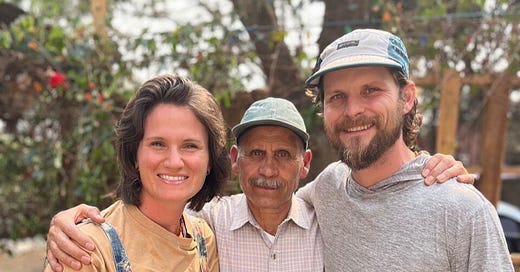This is the 3rd part in a series on our work in Guatemala. If you haven’t read part 1 or part 2, start there.
Keep reading with a 7-day free trial
Subscribe to The Common to keep reading this post and get 7 days of free access to the full post archives.




